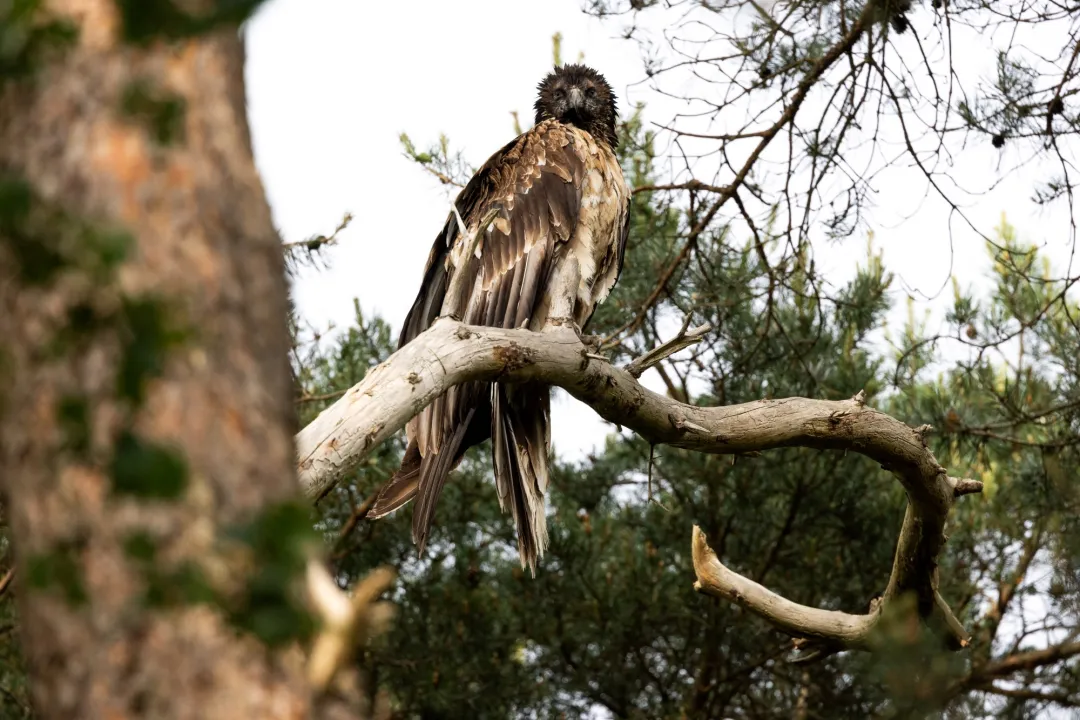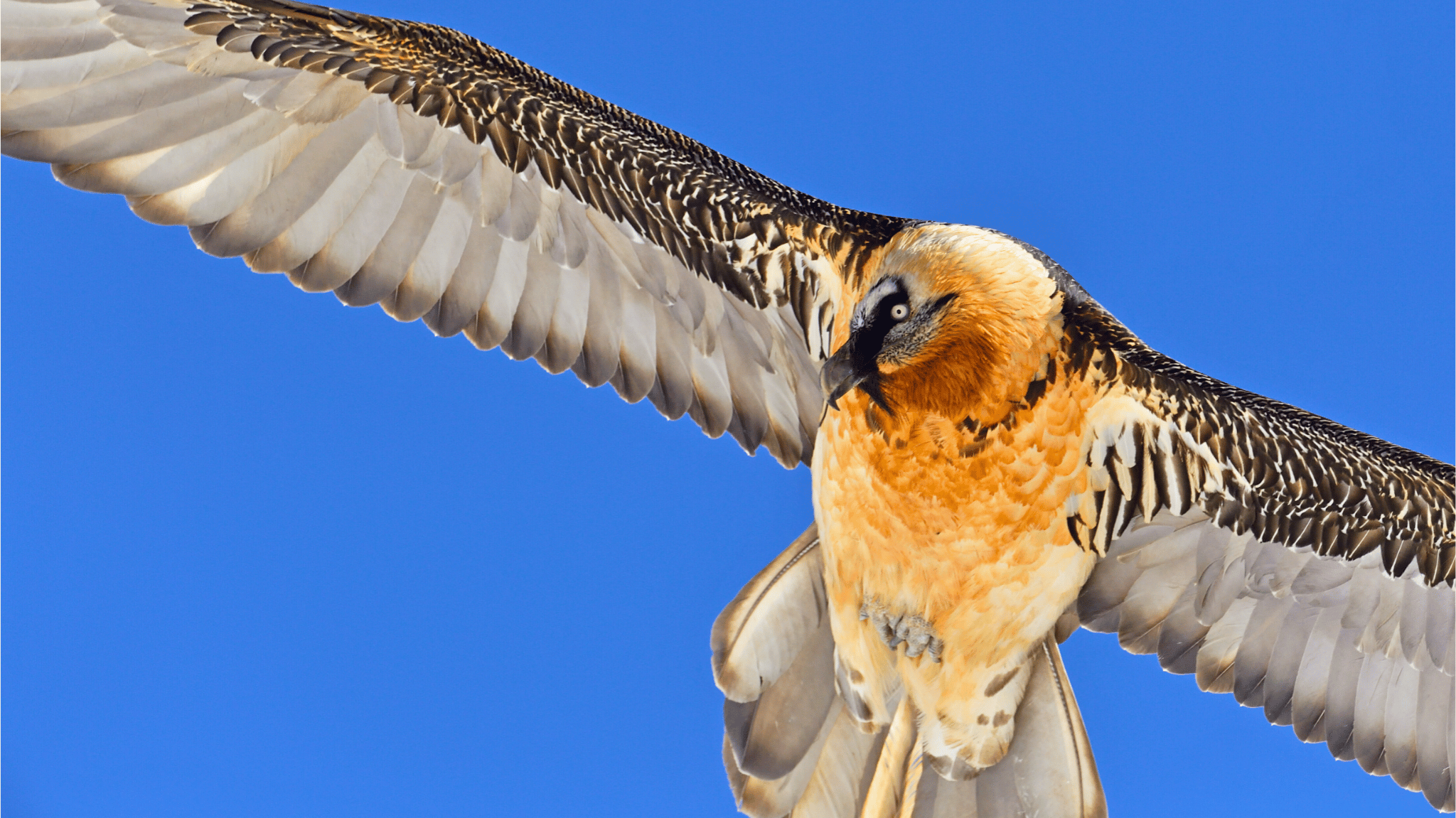
Captive breeding of Bearded Vultures is essential for the reintroduction or reinforcement of this species, and an integral part of the Vulture Conservation Foundation´s (VCF) Bearded Vulture restoration programme across Europe
The Bearded Vulture Captive Breeding Centre of Guadalentín in Andalucía, Spain, welcomed the first Bearded Vulture hatchling of the year – baptised ‘Kobe’, after the late and immortal Kobe Bryant. This chick is now an important part of the VCF’s Bearded Vulture captive breeding network (EEP), which breeds Bearded Vultures for conservation purposes!
“The spectacular and successful comeback of Bearded Vultures in the Alps and in Andalucía was only possible due to the reintroduction of captive-bred individuals. We are now doing the same in the Grands Causses (France), in Maestrazgo (Valencia, Spain), in Corsica (one of the last European autochthonous populations) and in the next few years we will start in the Balkans, in a truly Bearded Vulture European conservation programme that aims to connect populations and restore the species across our continent. For this, every single chick counts, and the operations of specialised captive breeding centres like the one in Guadalentín, now also directly managed by the VCF, are core to our mission and expertise,” says José Tavares, Director of the Vulture Conservation Foundation.
First Bearded Vulture chick

Young Kobe hatched naturally in Guadalentín on 30 January, weighing 139,1g and was in perfect health! This event marked the beginning of the hatchling period for the VCF’s Bearded Vulture captive breeding network (EEP). Guadalentín – which houses 27 Bearded Vultures – is the most important centre within the network as it produces the most chicks every year, and it specialises in adopting and raising chicks from other centres and zoos. The VCF recently assumed the management of Guadalentín, on a two year contract from the Junta de Andalucía, thus absorbing a valuable expert team on captive-breeding of this species. The VCF has maintained close links and has been advising their Andalusian colleagues since the start of the reintroduction project in Cazorla and the establishment of Guadalentín – now, by directly managing the captive-breeding centre, they will maximise their expertise and capacities to do what they know best – to successfully rear Bearded Vulture chicks in captivity to help boost the population of the species in Europe!
Importance of captive breeding
The Vulture Conservation Foundation (VCF) coordinates the Bearded Vulture Captive Breeding Network (EEP) of zoos, specialised breeding centres, recovery centres and private collections. This involves closely working with colleagues across Europe to ensure the best breeding results from the 178 birds within the network.

Captive-breeding of Bearded Vultures is essential for their reintroduction to the wild and it was a critical component to bring back the species to the Alps after their extinction. For the past few decades, the VCF has been releasing captive-bred Bearded Vultures into the wild to reintroduce or reinforce the population of the species across Europe. Between 1986 and 2019, the VCF together with its partners released a total of 323 juvenile Bearded Vultures into the wild, including 227 in the Alps & Pre-Alps, and 63 in Andalucía. In 2019, the VCF and its partners released a total of 22 Bearded Vulture – nine of them in Andalusia – helping boost local populations, and making it the best Bearded Vulture Release Season to date! Kobe is the first recruit of the new season – let’s hope the VCF will be able to match last year’s extraordinary results!
Help name the next chick
The VCF decided to name the chicks that will hatch this year in Guadalentín after international athletes, starting with this ‘Kobe’. Tweet the VCF at @4vultures and let them know which athlete they should name the next chick after.
We hope that we have a successful breeding season ahead! You can follow the news of the breeding season on Facebook, Twitter, Instagram and LinkedIn with #BeardedVultureBreedingSeason.






